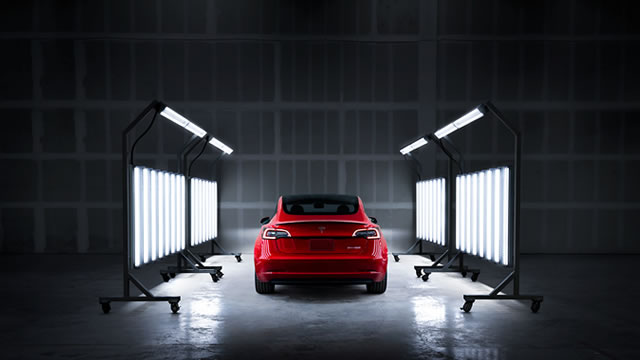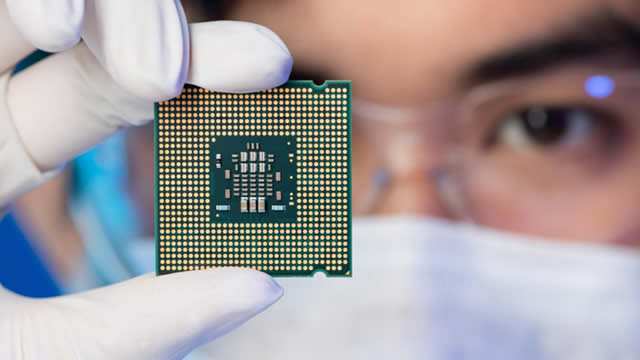Is Tesla (TSLA) Primarily an Electric Vehicle (EV) Company?
At first glance, the question of whether Tesla, Inc. (TSLA) is primarily an electric vehicle (EV) company may appear to be a trivial inquiry. However, upon closer examination, the answer is not as straightforward as one might think.
Tesla’s Business Model
Tesla is an American automotive and clean energy company that designs, manufactures, and sells high-performance electric cars, solar energy products, and energy storage systems. The company was founded in 2003 by Elon Musk with a mission to accelerate the world’s transition to sustainable energy.
Electric Vehicles: The Core Business
Tesla’s core business is the production and sale of electric vehicles (EVs). The company has a diverse range of EV models catering to various market segments. These include the Model S, Model 3, Model X, and Model Y. The Model S and Model X are luxury vehicles, while the Model 3 and Model Y are more affordable options. The vehicles are known for their sleek designs, exceptional performance, and advanced technology features.
Energy Products and Services
Beyond EVs, Tesla also offers energy products and services. The company’s SolarCity subsidiary designs, installs, and maintains solar energy systems for residential and commercial customers. Tesla’s energy storage systems, such as the Powerwall and Powerpack, provide backup power and help manage energy usage. Additionally, Tesla operates Supercharger and Destination Charging networks, enabling long-distance EV travel.
Impact on Consumers
For consumers, Tesla’s expansion beyond EVs into energy products and services presents an opportunity to reduce their carbon footprint and save money. By integrating solar energy systems with Tesla EVs, consumers can produce and store their own electricity, reducing their reliance on the grid and lowering their energy bills. Moreover, Tesla’s charging network makes long-distance EV travel more convenient.
Impact on the World
On a larger scale, Tesla’s move into energy products and services signifies a shift towards sustainable energy solutions. The integration of EVs and renewable energy sources like solar power can significantly reduce greenhouse gas emissions and combat climate change. Moreover, Tesla’s advancements in battery technology and charging infrastructure are paving the way for a future where electric vehicles become the norm.
Conclusion
In conclusion, while Tesla is primarily known for its electric vehicles, the company’s business model extends beyond EVs to include energy products and services. This diversification not only benefits consumers by providing them with integrated renewable energy solutions but also contributes to a more sustainable future for the world. Tesla’s continued innovation in the EV and energy sectors is poised to shape the way we live, travel, and produce energy in the years to come.
- Tesla is an automotive and clean energy company that designs, manufactures, and sells electric vehicles, solar energy products, and energy storage systems.
- The company’s core business is electric vehicles, with a diverse range of models catering to various market segments.
- Tesla’s expansion into energy products and services offers consumers integrated renewable energy solutions, reducing their carbon footprint and saving money.
- The integration of EVs and renewable energy sources can significantly reduce greenhouse gas emissions and combat climate change.
- Tesla’s advancements in battery technology and charging infrastructure are paving the way for a future where electric vehicles become the norm.





